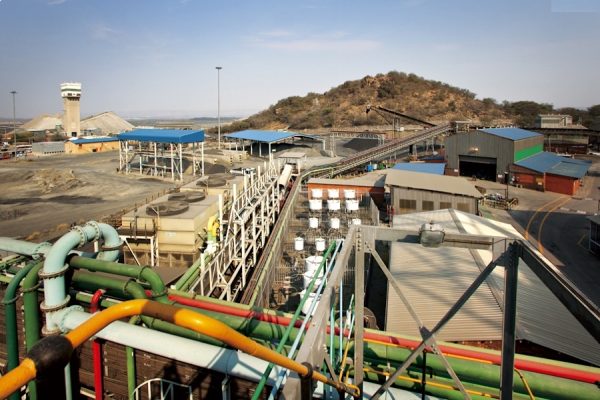South Africa’s Sibanye-Stillwater on Thursday revised its offer for Lonmin, with new terms that gave a valuation for the struggling platinum miner that was about 60 million pounds ($77 million) less than originally proposed.
Lonmin said Sibanye was offering an additional 0.033 Sibanye shares per Lonmin share in a deal to create the world’s No.2 platinum producer. Sibanye had initially said in December 2017 that it was offering 0.967 new shares for each Lonmin share.
Although the revised offers gives more Sibanye shares to Lonmin investors, an analyst said this still led to a lower valuation because Sibanye shares have fallen in value since the offer was first made in 2017.
Sibanye’s revised offer also does not fully compensate for the impact of its recent share sale that raised $120 million, meaning Lonmin shareholders will end up with less of the revised group, the analyst said.
The revised terms value Lonmin at 226 million pounds and give Lonmin shareholders 10.9 percent of the combined group, compared to a value of 285 million pounds and 11.3 percent in the original offer
The revised terms value Lonmin at 226 million pounds and give Lonmin shareholders 10.9 percent of the combined group, compared to a value of 285 million pounds and 11.3 percent in the original offer.
The boards of both firms said the new offer balanced a recovery in platinum group metal prices against Lonmin’s financial difficulties and its inability to fund investments to sustain its business and staff levels, Lonmin said.
Lonmin also said in its statement that its directors unanimously recommended shareholders accept the offer, which was conceived as a bid to ride out depressed platinum prices.
Lonmin and Sibanye shares were both up at 1500 GMT, rising 2.7 percent and 0.5 percent respectively.
London-listed Lonmin was hit hard by the drop in platinum group prices, and has had to work to cut spending in order to retain a positive balance sheet, required by conditions of Sibanye’s proposed offer.
It warned last month that it did not have sufficient liquidity to fund new projects needed to avoid shaft closures and job losses._Reuters





